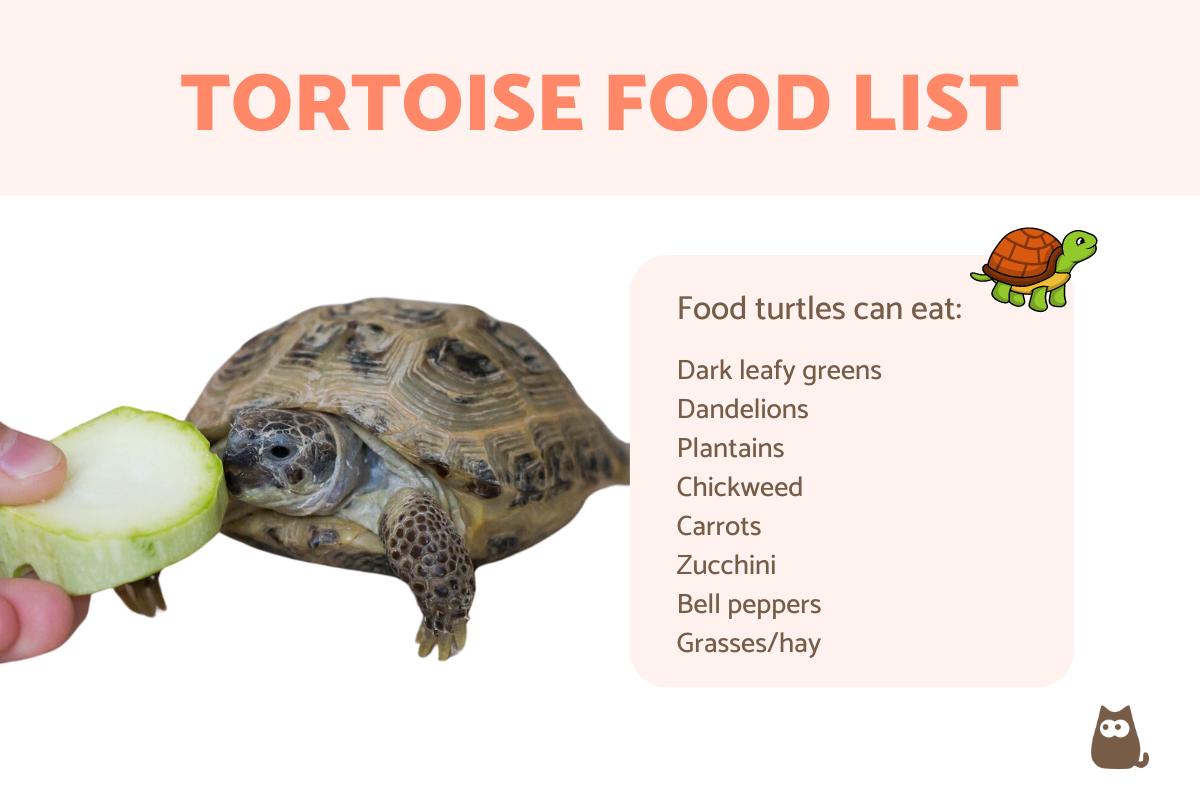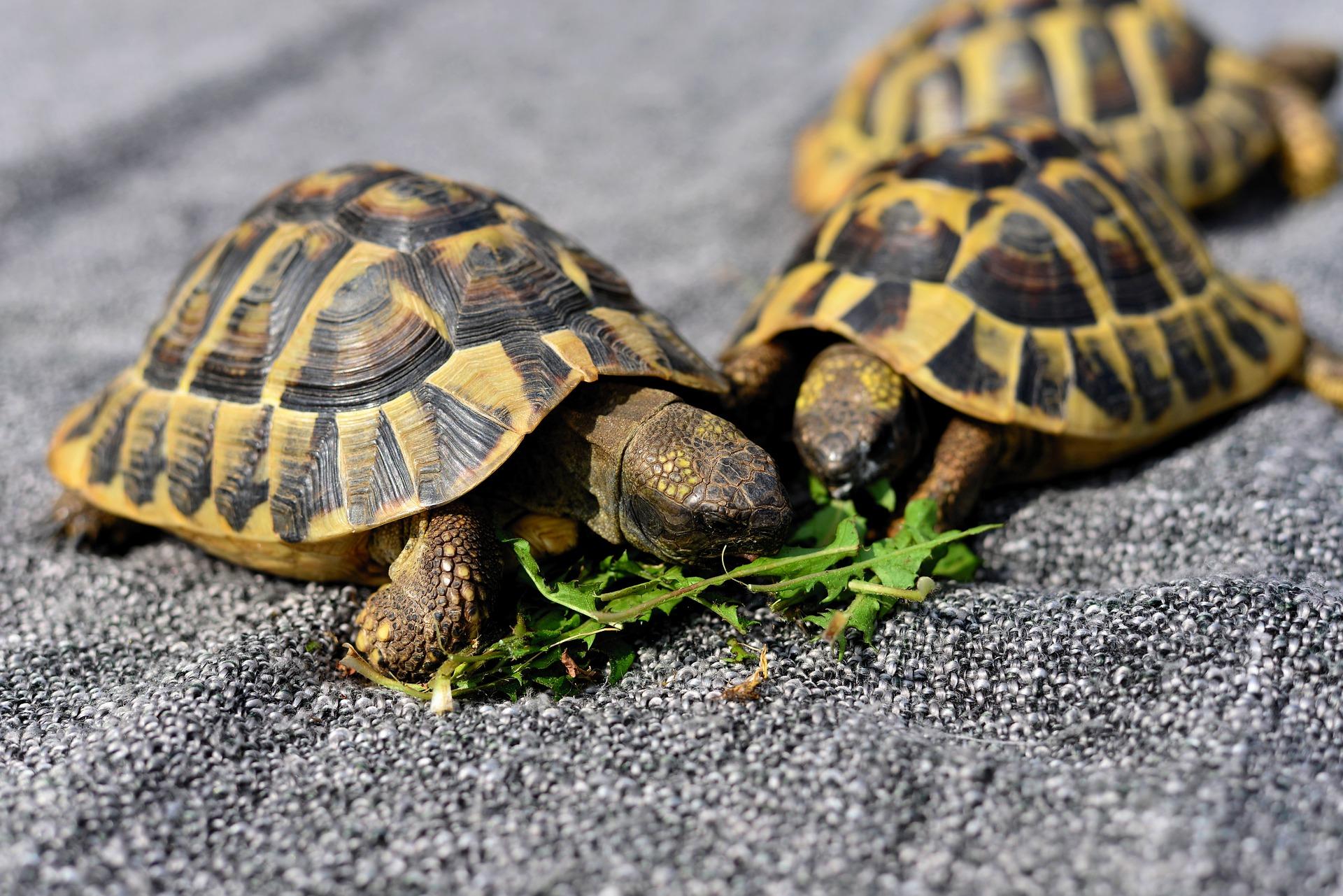Tortoise Food List - What Turtles Can and Can't Eat


Contrary to what some may think, you can't only feed a tortoise lettuce leaves. For them to thrive, a tortoise diet needs to be balanced and sufficient in a wide range of nutrients. This will not only help them to develop physically. A varied diet will help a tortoise to live a more contented life. However, there are also some strict limitations on what a tortoise can and can't eat.
In this AnimalWised article, we provide information on a complete tortoise food list - what turtles can and can't eat. To do this we look at the nutritional needs of these turtles and how you can best provide a balanced diet for them.
What do tortoises eat?
It is tricky to understand a tortoise diet. If you were wondering about the difference between a turtle and a tortoise, it is not as simple as scientific categorization. They are both in the order of Testudines, meaning they are all technically turtles. The difference is to do with their morphology. A tortoise is a type of turtle which has feet instead of flippers and spends all of their time on land. Most other turtles are at least partly aquatic. For this reason, all tortoises are turtles, but not all turtles are tortoises.
We might think their grouping together means all turtles and tortoises eat the same thing, but this not quite the case. There are various different species of turtle and tortoise with specific dietary requirements. While this article would be too long to go into every turtle species, it will be helpful to look at tortoises commonly kept as pets. Here are some of the most popular pet tortoise species and the foods they eat:
- Russian tortoise: dark leafy greens (e.g. carrot tops, romaine lettuce, kale, collard greens and mustard greens), carrots, bell peppers, grasses and hay.
- Mediterranean tortoises: dandelions, plantains, chickweed, sow thistles and leafy greens.
- Indian star tortoise: Bermuda grass, rye, fescue, collard greens, carrots, zucchini, bell peppers and turnip greens.
- Red-footed tortoise: mainly leafy greens, vegetables, hay, some fruit and occasionally low-fat protein such as earthworms.
- Leopard tortoise: dark leafy greens, hay, grasses, sow thistle, dandelion and green herbs as treats.
- African spurred tortoise (also, sulcata tortoise): leafy greens, lawn grasses, grape leaves and hibiscus flowers.
You will need to research the specific tortoise breed to ensure you provide the right diet which they can eat and still thrive. While most will eat leafy greens and vegetables, the ratios in which they eat them may differ. Also, most tortoise species will need to supplement their diet. When researching your tortoise food list, you will need to ensure they have the right supplementary foods for them.
Supplementary food for tortoises usually comes in the form of pellets, again some types being better for one species than another. Although a tortoise diet is mainly herbivorous, you may even be able to add insects to the red-footed tortoise's diet as this can provide them with the limited protein they will need. You will need to check the ingredients to be sure. Calcium supplements are also commonly needed to keep the tortoises strong.
In the following tortoise food list, we provide a turtle food list of food they either can't eat or should only eat in a very limited quantity.
1. Legumes and grains
All legumes and grains are prohibited food for turtles such as beans, corn, rice, pea pods, lentils, chickpeas and others. They should not be offered to tortoises in any form. This means fresh legumes, dried grains, rice cakes and any other form. Some plants such as alfalfa may be eaten by some turtle species in their mature form, but not as sprouts or seeds.
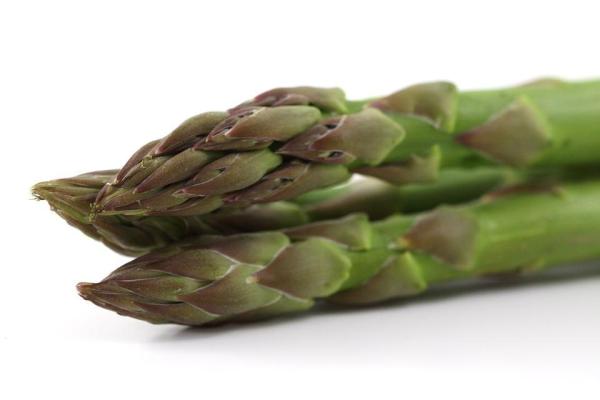
2. Vegetables
Despite the necessities of feeding vegetables to your tortoise, there are some which you will need to avoid altogether. They are:
- Beetroot
- Spinach
- Asparagus
Although 90% of the turtle's diet will likely be comprised of vegetables, there are some which you will need to severely limit. They include:
- Zucchini
- Bell pepper
- Chili pepper
- Rhubarb
- Potato
- Sweet potato
The reason for keeping these vegetables off our tortoise food list is due to their higher carbohydrate and sugar content. Consuming these foods in high enough concentration can lead to nutritional deficiency, obesity and even liver failure. This means it should no cause significant problems if eaten in small amounts.
3. Fruit
Fruit is an important part of a tortoise's diet, but equally important is limiting the amount they eat. Ideally, fruit should only provide for about 10% of a tortoise's total food consumption. The reason is due to the high sugar content which can cause significant damage over prolonged periods.
However, not all fruit is advisable to offer to tortoises. The following is a list of fruit prohibited for consumption by tortoises:
- Banana
- Dates
- Grapes
- Peach
- Kiwi
- Pomegranate
- Apricot
- Nectarine
Can turtles eat strawberries?
We are also often asked whether tortoises and other turtles can eat strawberries, raspberries and other berries. These sweet delicious treats can be part of a balanced tortoise diet. However, they are particularly sweet and should only be eaten on rare occasions.
4. Mushrooms
A plate of mushrooms or a risotto can be delicious for us, but it is ill-advised for tortoises. In fact, feeding mushrooms to your tortoise could be fatal. Not only do they find them very difficult to digest, but they have the possibility of being poisonous to the reptile.
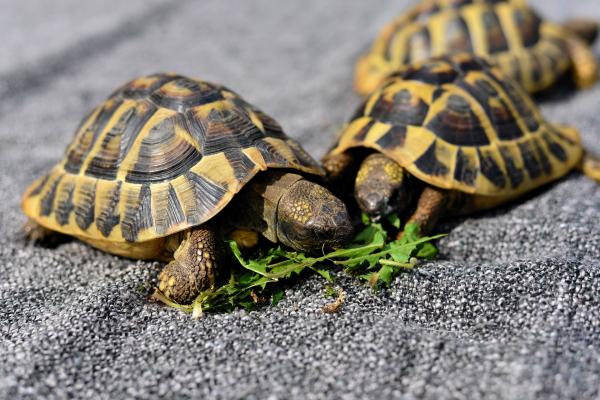
5. Sugar
Under no circumstances should you give your tortoise food with high-sugar content. This not only minimizes the amount of fruit you can give them, but it can seriously damage their internal organs. You should provide any human food for them in general, but those with added sugar, preservatives or colors are particularly dangerous to their health.
The reason for this is due to the bacteria in the digestive tract of the tortoise. While their intestinal flora may be able to digest small amounts of sugar, putting too much strain on them can result in death.
6. Dog food and cat food
Many people recommend supplementing a tortoise's diet with food for dogs and cats, particularly dry food. This is often the case with tortoise species like the red-footed tortoise as they need some protein in their diet. However, this is a mistake.
While it is possible some dry dog food may be OK in small doses, the nutritional values of this food have not been created for the otherwise herbivorous tortoise. Certain vitamins, minerals, additives and even the fat content can seriously harm the tortoise. The result is either nutritional deficiency or dietary problems such as obesity.
7. Animal products
Another reason why tortoises shouldn't eat dog or cat food is due to the fact they contain animal products. As we said, some turtles may need a little protein in their diet. Mediterranean tortoises (such as the Hermann's or spur-thighed tortoise) tortoise will not need any additional protein, but some tropical species do. Regardless, this should be in the form of snails, worms and insects, not from animal origin. If they do require any of these foods, it should not exceed 5% of their diet.

8. Tortoise food pellets
Now we know more about what do tortoises eat, we should highlight specially formulated feed for tortoises. It is an important supplement for the animals, but it is not recommended as their main food source. While it contains some helpful nutritional supplements, it does not contain all the necessary nutrients they require. Ideally, you should give them a homemade natural diet and offer pellets only sporadically.
One of the most common dietary problems with pet tortoises is obesity. Giving the tortoise too much food can result in serious issues, including shell deformation such as pyramiding in tortoises. If you have any doubts over the nutrition your turtle requires, consult a veterinarian specialized in exotic animals.

If you want to read similar articles to Tortoise Food List - What Turtles Can and Can't Eat, we recommend you visit our Homemade diets category.

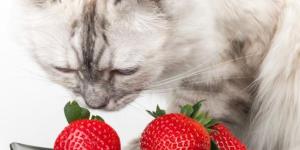


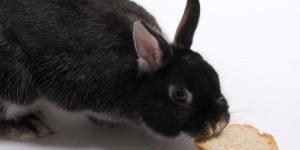


 My 8yr old female spade feline is lonely. She just stares out the window all day to catch even a glimpse of the neighbor cat.
My 8yr old female spade feline is lonely. She just stares out the window all day to catch even a glimpse of the neighbor cat. 
 What type of tortoise is this
What type of tortoise is this

 Hi guys, we have been asked to look after a friends tortoise who has just come out of hibernation, told to feed her Peas and sweetcorn but I'm not sure if that's the best for her. also can you tell me what species she is at all to help identify which foods are best?
Hi guys, we have been asked to look after a friends tortoise who has just come out of hibernation, told to feed her Peas and sweetcorn but I'm not sure if that's the best for her. also can you tell me what species she is at all to help identify which foods are best?

 Please share indian star tortoise fruit list..
Please share indian star tortoise fruit list..

 All land tortoises should have plenty of grasses and weeds in a pasture to graze like a cow. That should be 90% of their diet. I adopted one that was not healthy from eating garden vegetables too much. Now she’s a healthy 100lbs+ Sulcata and found that pasture is the best diet. Of course she gets flowers, apples, carrots and pumpkins periodically but seems to love organic dandelions more for her treats. When the pasture is gone I chop hay and alfalfa then soak in water for a bit . Yum!
All land tortoises should have plenty of grasses and weeds in a pasture to graze like a cow. That should be 90% of their diet. I adopted one that was not healthy from eating garden vegetables too much. Now she’s a healthy 100lbs+ Sulcata and found that pasture is the best diet. Of course she gets flowers, apples, carrots and pumpkins periodically but seems to love organic dandelions more for her treats. When the pasture is gone I chop hay and alfalfa then soak in water for a bit . Yum!
